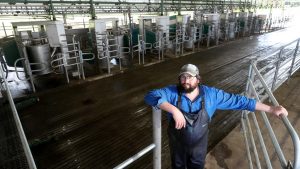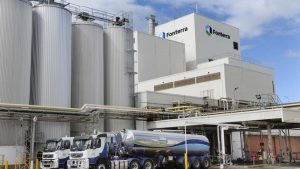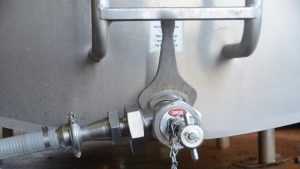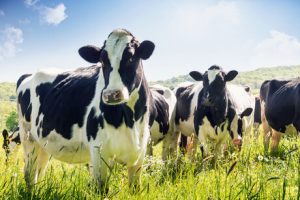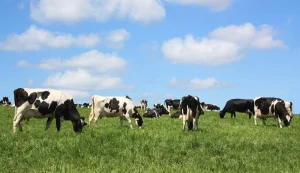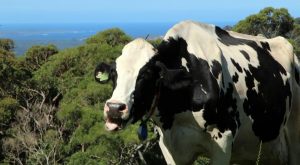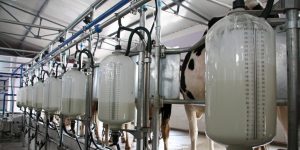
Victorian Health Minister Martin Foley announced sweeping changes to isolation requirements on Monday in order to alleviate growing supply chain pressures and get freight drivers back on the roads.
Under the new changes, workers in critical industries including transport would no longer need to isolate for seven days if deemed a close contact. Those people could return to work provided they returned a negative RAT result for five days and were asymptomatic.
Victorian Transport Association chief executive Peter Anderson said he welcomed the changes.
“We’re in favour of that,” Mr Anderson said.
“The VTA believes these are great steps to recognise the fact the virus in our community needs to be managed in a different way than before.
“These steps start to enable people to keep working and prevent them from being quarantined when they haven’t got the virus. We’re running out of workers so this will help.
“We believe they can go one step further and those who have had COVID don’t need to quarantine as long as they test negative.”
Mr Anderson had earlier told The Standard he was concerned isolation requirements would mean south-west Victorian dairy farmers would have to waste their product.
“If a dairy farmer, for example in Warrnambool, has to isolate for seven days he can’t get anybody on his farm,” he said.
“What does he do about the cows? He tips the milk down the drain for seven days.”
Terang Co-op chief executive officer Kevin Ford said it was struggling to restock some dairy products in the supermarket.
“Our dairy area is the most noticeable where we’ve got a bit of shortage of product,” he said.
“(But) it’s not like we are out of yoghurt. You may not be able to get your particular brand that you buy but there is still plenty of yoghurt.”
Fonterra general manager of logistics Craig Dickason said the company was experiencing a staff shortage but had no issues in getting the region’s milk collected.
“Like all businesses, we’re facing challenges throughout our supply chain, including staffing shortfalls due to COVID isolation requirements,” he said.
“These issues are not new to us and we have had robust processes in place to deal with them since the pandemic began in 2020.
“However, the risk of not having enough drivers is an issue that’s top of mind for us.
“To make sure we’re as prepared as we possibly can be, we hold daily labour management meetings and are taking every precaution with our transport team, including having strict milk collection protocols in place to protect both our drivers and farmers.”
Allan’s Freight owner Leigh Allan said he would like to see more protections in place for truck drivers.
“I had two drivers come to me this morning with concerns,” he said.
“We do a lot of parcel deliveries to households and in a lot of those houses there are people in isolation. We’re going there delivering parcels not knowing if we’re knocking on a door of someone in isolation.
“It would be great if we could get signs on doors indicating that for our drivers.”





